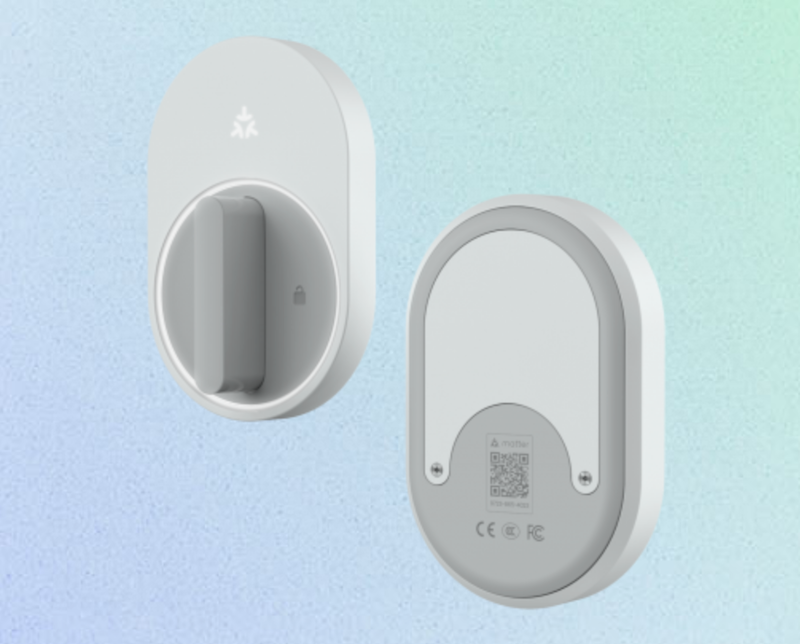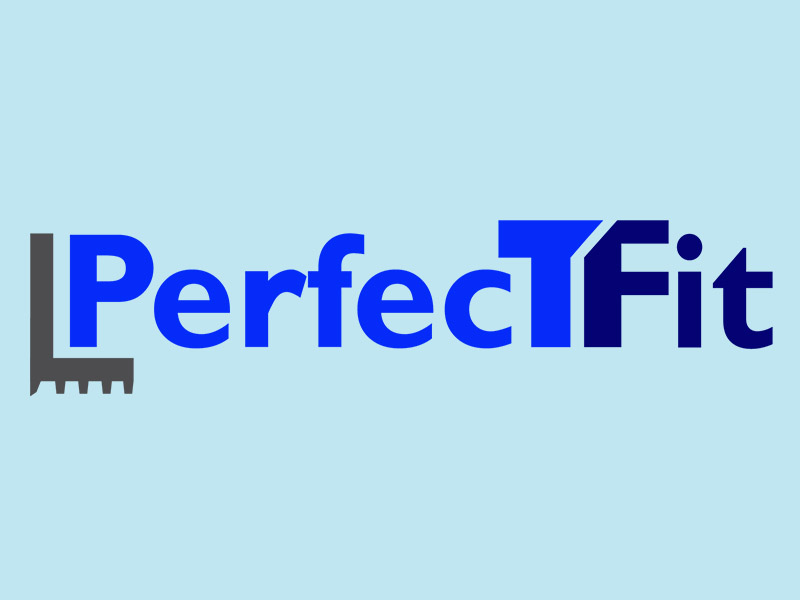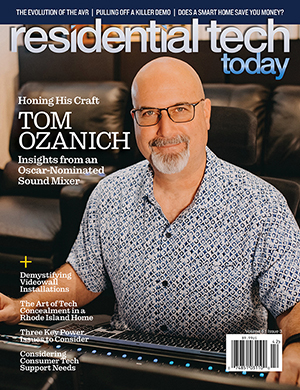The Matter smart home specification, which is still months from its completion, is already driving new products and strategies across the smart home market. With a host of major players, technology suppliers, and partners already pledged to delivering Matter compliant offerings, the specification will dominate the smart home landscape within five years.
This year more than one hundred million devices will ship supporting the specification and within five years more than half of the world’s key smart home devices will ship supporting Matter.
Between 2022 and the end of the decade, more than 5.5 billion Matter compliant smart home devices will ship, according new a new report from global technology intelligence firm ABI Research.
The first Matter specification is set for publication by the second half of 2022, but already at CES 2022 there were key Matter product announcements from Amazon, Apple, Google, Samsung, as well as key component and service providers ranging from NXP to Tuya. Even so, the specification sets a host of new demands across connectivity, interoperability, security, and marketing. Some aspects are already detailed while others remain in development. Smart home hardware vendors must assess the value and investment that Matter compliance requires, as well as the strategic impact on their roadmaps and their place in the market.
Matter will significantly change the way consumers adopt and use their smart home purchases, but it will also reconfigure vendor incentives for smart home engagement.
“Matter will drive smart home platforms capabilities to onboard and manage smart home devices – dispensing with a generation of device vendor apps,” said Jonathan Collins, smart home research director at ABI Research, and author of a new in-depth study of Matter and it potential. “OEM/ODMs will have to quickly establish how they adapt to Matter and how to best protect and expand their customer base.”
The Matter specification will provide new incentives for players throughout the smart home value chain. It will also bring additional competition and a rejigged playing field. Beyond the immediate impact on smart home devices and consumers, the specification will enable greater engagement in smart home from consumers and a host of industries.
“Matter success will help provide drive and deliver a more readily addressable smart home user base that will in turn draw a number of industries looking to smart home to drive efficiencies, new revenue streams, and consumer engagement,” Collins concluded.
These findings are from ABI Research’s Matter and its Smart Home Impact application analysis report. This report is part of the company’s Smart Home research service, which includes research, data, and ABI Insights. Based on extensive primary interviews, Application Analysis reports present in-depth analysis on key market trends and factors for a specific technology.
Related: What Do Connected Home Manufacturers Have Planned for Matter Protocol Adoption?






![Hub 3_02 The SwitchBot Hub 3 provides a user-friendly solution to the growing complexity of modern smart homes. [Photo credit | SwitchBot]](https://restechtoday.com/wp-content/uploads/2025/06/Hub-3_02-scaled-e1750179791687.png)


